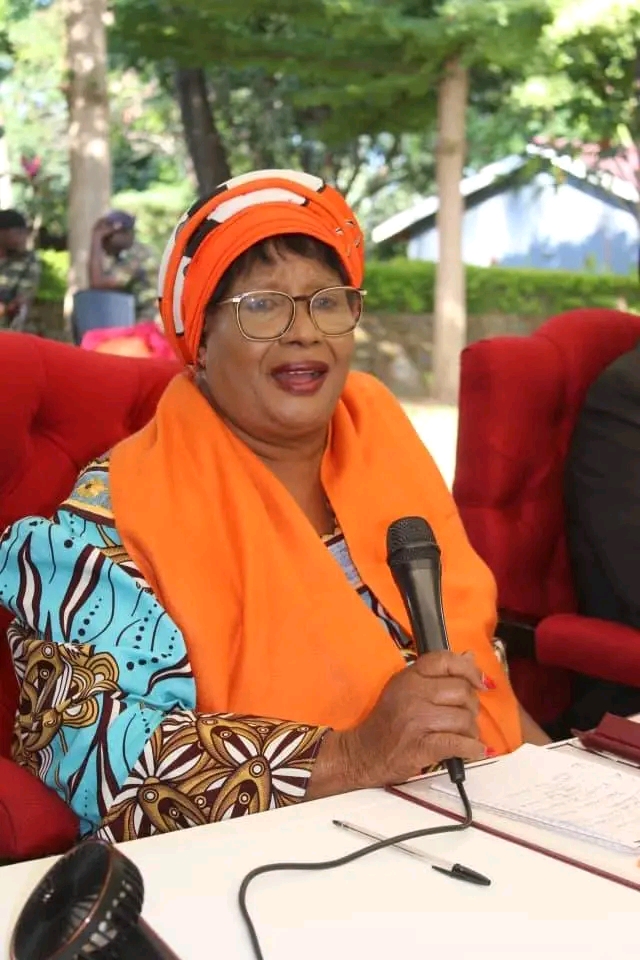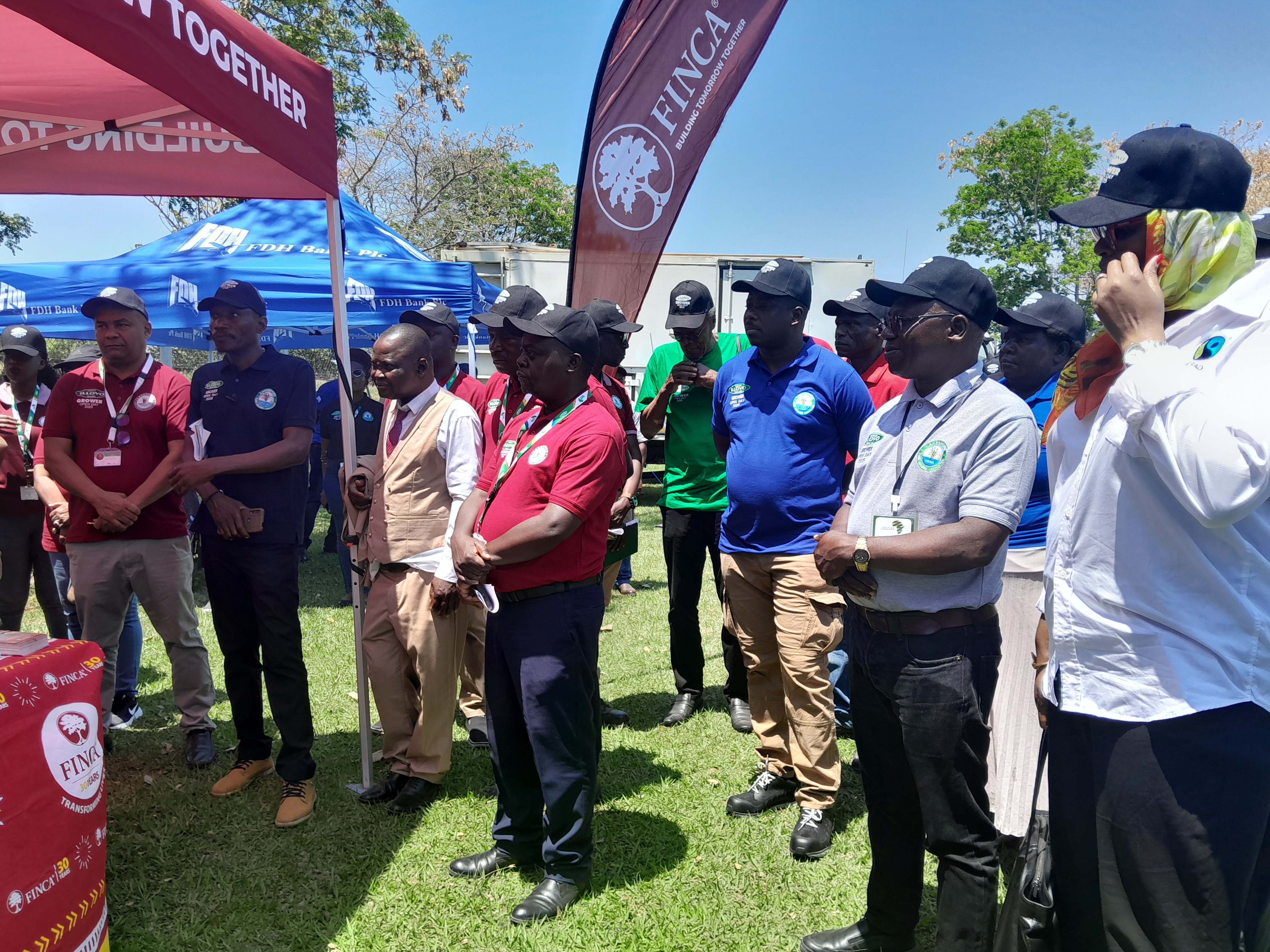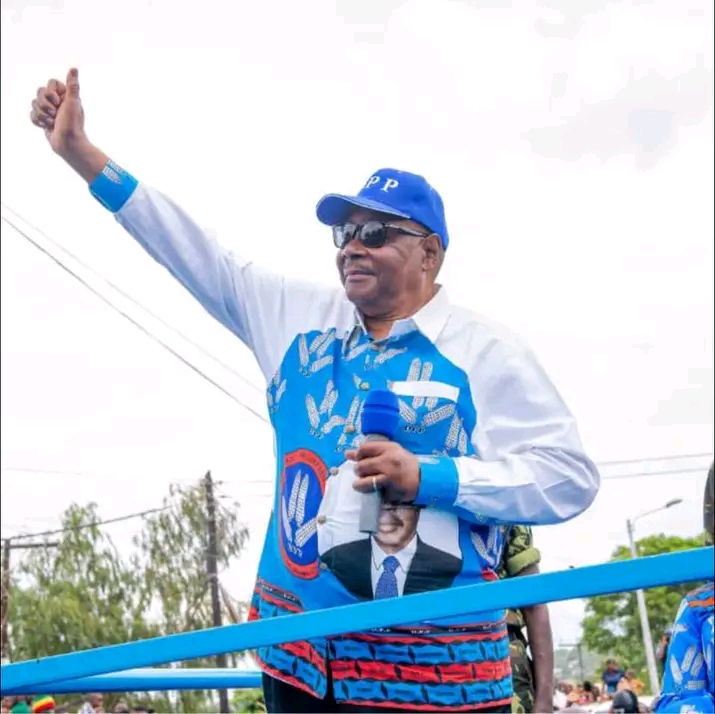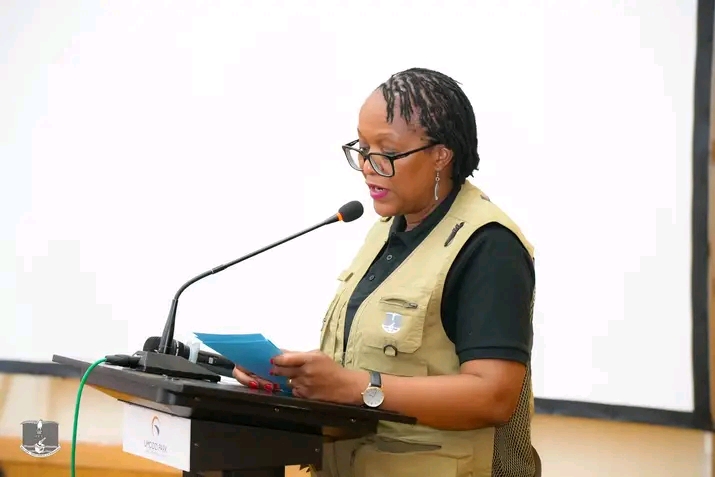For decades, Malawian politics has remained a male-dominated field and according to the Malawi Electoral Commission, only three women have appeared on the presidential ballot in Malawi’s democratic history: Loveness Gondwe in 2009, Dr. Joyce Banda in 2014 and the late Abusa Helen Singh also in 2014.
Despite advocacy efforts, women’s participation in the presidential race has been slow and periodic. The story of women seeking the presidency cannot be told without mention of Dr. Joyce Banda who became Malawi’s first female president in 2012 following the death of President Bingu WA Mutharika. She later contested in the 2014 elections.
Banda said her rise to power was marked by persistent doubt from both the public and political stakeholders, a reflection of deep-rooted gender stereotypes.
“I faced a lot of skepticism, not because of my abilities, but because I was a woman. It reflected how deep-rooted gender stereotypes were in our politics. Many people could not imagine a woman leading this country. I had to constantly prove that leadership is about competence and vision, not about gender. That experience taught me that breaking barriers comes with a heavy cost, but it also leaves a lasting path for those who come after you since men use our fellow women to frustrate us.” She explained.
Years before Banda took office, Loveness Gondwe had already paved the way by contesting in the 2009 presidential election, becoming the first woman to do so in Malawi’s democratic era. In a written interview, Gondwe shared the immense challenges she faced but insists that her candidacy was never just about winning, it was about opening doors for the future generations of women.
Gondwe said, “It was about opening doors for the future generations of women. Someone had to take that first step. I knew that the environment was hostile and resources were scarce but I also knew that history needed to be recorded that women have the courage to try. That dream has not yet died.”
The late Abusa Helen Singh, who ran for president in 2014 was not the first woman to enter the race but added her voice to a slowly growing movement. Her candidacy was marked by her strong moral and religious convictions. Singh passed away in 2017. Efforts to track down her former running mate, Chrissy Tembo for comment on their experience and how they navigated the challenges proved futile.
Yet courage alone cannot dismantle deeply entrenched political barriers as explained by Beatrice Mateyu, the Executive Director of the NGO Gender Coordination Network (NGO-GCN).
Mateyu argued that deliberate systemic change is necessary to level the playing field. Through NGO-GCN, her organization offers targeted mentorship and leadership training programs for women aimed at equipping them with skills, confidence and political literacy needed to run for office and hold decision-making positions.
Mateyu said, “Deliberate systematic change is necessary to level the playing field. Through our programs, we provide mentorship and leadership training for women, equipping them with the confidence, skills and political literacy needed to run for office and hold decision-making positions including that of the president. However, beyond these initiatives, there is need for change in policies and a shift in attitudes.”
Despite these interventions and years of policy efforts, women remain vastly underrepresented in leadership positions. The upcoming 30th anniversary of the Beijing Declaration and Platform for Action serves as a main reminder of the commitments made towards gender equality and how much remains to be done, systematic and cultural barriers continue to hold women back.
For Political analysts like Alexious Nthenda, Team Leader at the Centre for Democracy and Elections, the political landscape will remain skewed unless political parties and media take proactive steps to support female candidates. He also noted that women must be encouraged to step forward and be seen.
“Political parties and the media have a big role to play in changing the narrative. At the same time, women needed to be encouraged to step forward and be visible. Politics is about visibility and when women are invisible, they are easily dismissed. The Proactive role should start with women themselves in changing this narrative.” Explained Nthenda
A 2023 afro barometer survey revealed that over 60 percent of Malawians believed men make better political leaders than women. According to gender activist Emma Kaliya, such perceptions discourage women from aspiring to the presidency.
Kaliya recalled the 1997 launch of the Belgian Platform for women, a moment she described as pivotal in pushing for women’s participation in politics but she admitted that challenges remain.
“That platform gave us hope and direction, but challenges still remain. Even after years of advocacy you still hear people doubting a woman’s effort in leading. These stereotypes cut deep as they keep women from even trying but the truth is that women lead and can change communities for the better.” She admitted.
From Banda’s presidency to Gondwe’s pioneering candidacy, and Singh’s bold campaign, Malawi’s women have shown resilience in the face of challenges and structural discrimination but progress is fragile.
A 2024 report by the Gender Coordination Network warned that Malawi is at risk of missing its 50/50 gender representation target by 2030 unless strong and immediate policy reforms are implemented.





